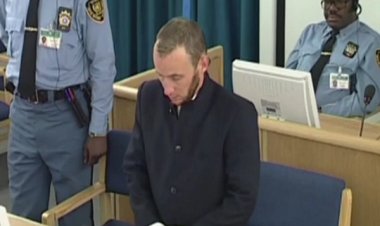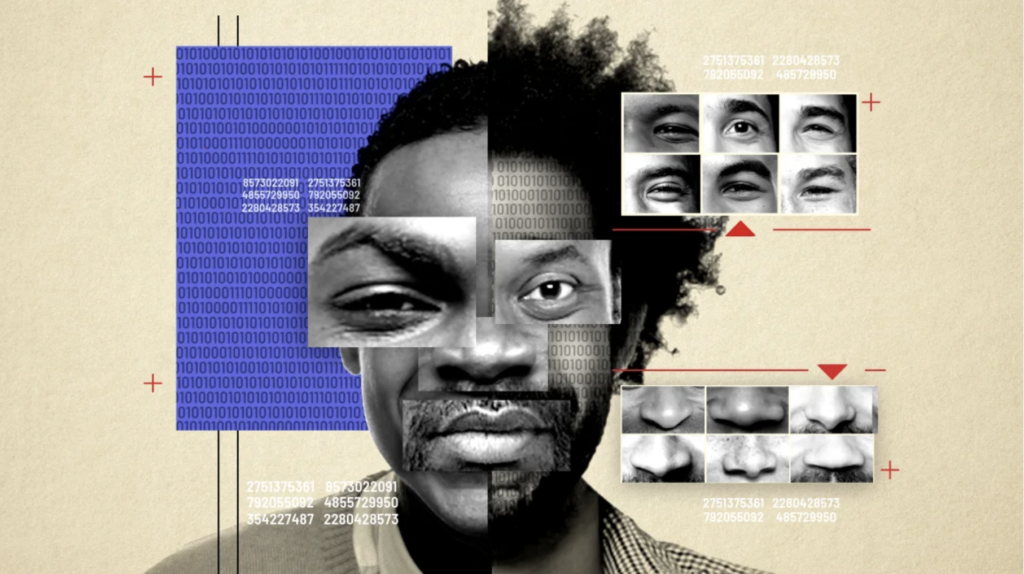Researchers have cited the refusal of both United Kingdom and United States to adopt the official appellation of the 1994 genocide as fuelling denial and distortion Rwanda continues to confront 28 years later.
As the country marks the 28th anniversary of the 1994 genocide against the Tutsi in which over a million people were killed, scholars say the two global powers still exhibit adamancy to call it by its official term even after the UN general assembly adopted a resolution on the same.
Linda Melvern, British investigative journalist and author who researched extensively on the Genocide against the Tutsi says the US and UK were among nations that, in 1994, rejected the use of the word genocide in relation to what was happening in Rwanda.
“One of the shocking events was on April 29, the UN council in secret held an 8-hour debate about the use of genocide in relation to [what was happening in] Rwanda.
UK and US ambassadors fought against the use of the word genocide, argued for hours that the word should not be used,” Melvern told a session on the fight against Genocide denial held in Kigali on April 12 as part of the 28th commemoration of the Genocide against the Tutsi.
It’s here that we see the denial of the genocide emerge. (…..) it’s in the UN council you will find the foundation stones of the genocide denial that was later to emerge
Linda Melvern, British investigative journalist and author
The United Nations General Assembly in 2018 adopted a resolution to use the phrase “the 1994 Genocide against the Tutsi”, and declared April 7 the “International Day of Reflection on the 1994 Genocide against the Tutsi in Rwanda.”
The US and the UK objected to the appellation citing the need to be broadened.
“It is particularly shocking,” said Melvern.
Denial as a business
Scholars say this has given rise to “a crisis of denial of the genocide against the Tutsi in the West” with French journalist and historian Jean-François Dupaquier, pointing to the fact that genocide denial has become a business in some countries.
He says that genocide deniers write or hire people to write books that are sold in the hundreds of thousands copies which bring in a lot of money, and this justifies why the general and systematic genocide denial is dominant in the Anglo-Saxon world in particular.
“So, the fact that we have to deal today with denial as a business completely changes the nature of the problem,” said Dupaquier.
However, he says that unlike elsewhere in the West, the fight against genocide ideology and denial seemed to come to fruition in France following the release of the Duclert commission report a year ago which pointed to the “heavy and overwhelming responsibility of France” in the genocide against the Tutsi.
“The findings of the report turned the tables considerably. We have since moved on to the truth of the facts, and as a result we have not seen this business of genocide denialism prosper in France like is the case in the Anglo-Saxon world,” said Dupaquier.
Researchers maintain, however, that the fight against genocide denial, and research must continue in a bid to dismiss series of campaigns by genocide revisionists gaining power in some Western countries.
“The big part is also on the campaign or sensitization about the danger especially to youth and the young generations. That brings us back to a collective duty as parents, adults, survivors and the civil society to pass the message, to continuously inform the public, especially to give the truth of things,” said Dimitrie Sissi, a genocide survivor and author.
“We need to be ready to fight because no one else will do the fight for us. It is a civic duty for all of us, because we’d not like to see the country fall back into the same tragedy.”



